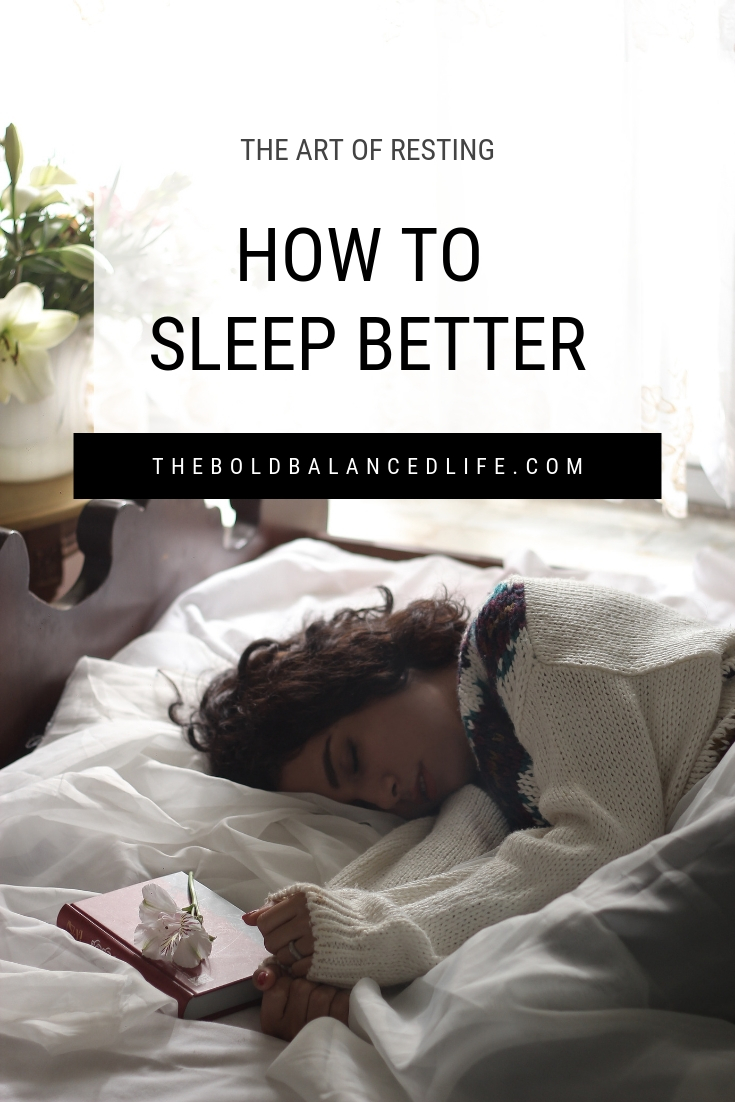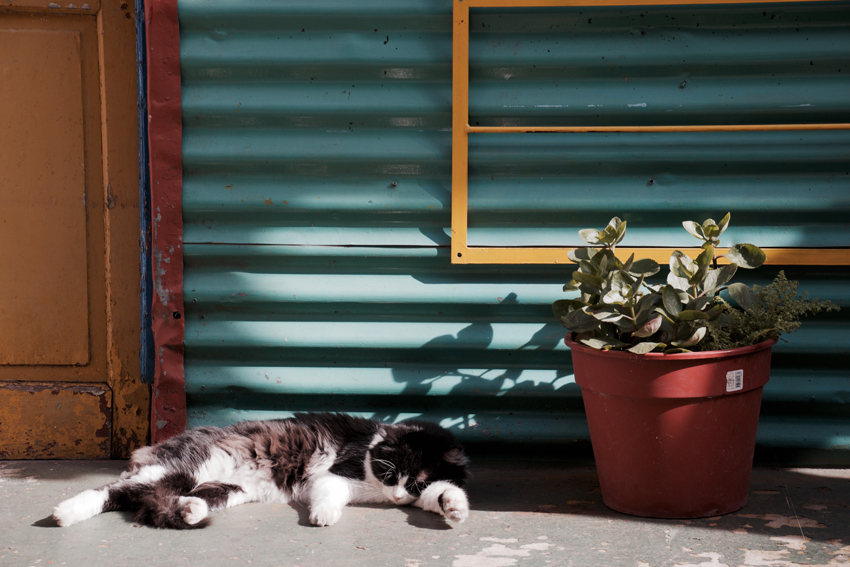If there’s one habit worth mastering, it’s getting enough rest. Chances are these statements ring as true for many of you as they do for me: Most nights I don’t get more than five to six hours of sleep. Even as a baby I was a poor sleeper. I’m a night owl and an early riser. I’ve suffered from terrible nightmares since I was a child, and often I lie awake for hours.
It used to take a lot of reminders for me to just sit down and relax. However, ever since I had a baby myself, I’m obsessed with figuring out how to sleep better. Mostly, because it’s the first time in my life that I notice the effects of not getting enough rest. Bad mood, poor memory, lack of energy, illness, just to name the highlights. I’ve even sleep-trained my kid because the last thing I want is to pass on my bad habits.
Most of us know by now how important sleep and rest are for our health and general wellbeing. But it’s still the first thing we sacrifice whenever we need extra time to get things done. So the first step to getting more rest and better sleep is:
Make it a priority.
Treat it like you would any important task and schedule it. I get several reminders on my phone each day to make sure I take breaks to stretch and meditate, and then I also have one for bedtime. I’m getting better and better at protecting these times because I know what happens to me if I don’t. Now that I’m in my mid-thirties, my body just shuts down. I get so sick that I can hardly breathe. Needless to say, I never want to feel like that again.
Rethink your environment.
According to sleep experts, we should ensure that:
- our room is dark (try blackout curtains or a sleep mask; if you need to have a light, red light is the least disruptive),
cool (even better if you can crack open a window, provided you live in a safe area; try a humidifier if you wake up because you feel dehydrated),
quiet (white noise or earplugs can help too), and
tidy (a clutter-free space gives you one less thing to worry about). - we don’t have electronics in the room (ideally no TV either) or at least put them in airplane mode or mute.
Rethink your attitude.
Thinking you’re a poor sleeper puts you in a fixed mindset that keeps you from getting better. Until very recently, I’ve been particularly guilty of this limiting belief. But even now, after three decades of poor sleep, I’m determined to fix my situation. One of the things I found helpful was doing the 7 Days of Sleep program on the Calm meditation app. Earlier this week I listened to a Lavendaire podcast about hypnosis. Since then, I’ve been reading Grace Smith’s book Close Your Eyes, Get Free because I learned that (self-)hypnosis can help with overcoming insomnia.
Establish a calming routine.
We’re creatures of habit, so I’ve found it helpful to come up with three routines that put me in a more relaxed state—both throughout the day and before bed.
- In the morning, after I’ve dropped off my kid, I stretch (or tidy, which I count as movement) while I wait for the water kettle to boil. Once I’m done preparing my tea, I sit down and free-write for 15 minutes while I sip my tea. This puts me into a great state for working on my business or writing books.
- In the early afternoon, I again prepare a tea and while I wait for it to cool down a little, I sit down and close my eyes to focus on my breathing. I then sip the tea while I’m reading or watching something that inspires me.
- In the evening, as part of my bedtime routine, I lie down on my back and put my legs up against the wall for a few minutes while I listen to a guided meditation. I usually read or listen to music before bed because I try to adhere to the recommendation to turn off all electronic devices 30 minutes to two hours before bed. Ever since I was a kid I also tell myself stories while I drift off to sleep (four of them turned into novels, including my first book, Lumiana).
Do you guys have sleep problems? What are the things that have helped you remedy them?
Image: Marifer







